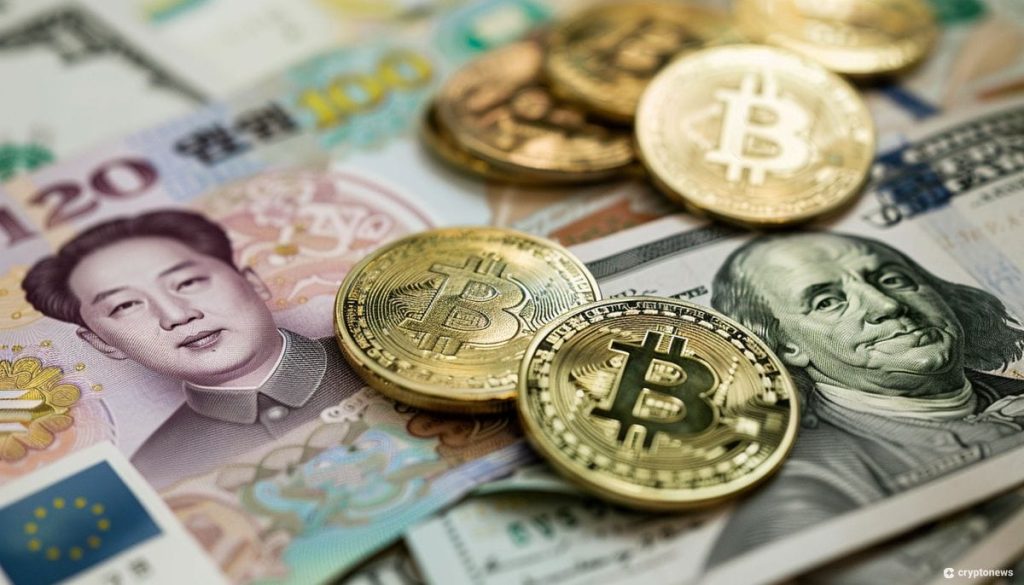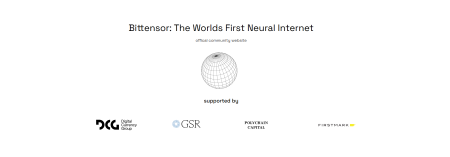The South Korean won has become the primary fiat currency for cryptocurrency trading, surpassing the US dollar in the first quarter of 2024. A report by Kaiko revealed that the South Korean won accounted for more than $456 billion in trading volume on centralized crypto exchanges, surpassing the $455 billion volume in US dollars. This shift was attributed to the “fee war” among Korean crypto exchanges, as well as the improving macroeconomic environment and intense competition in the region. The South Korean won’s cumulative trade volume exceeded that of the US dollar in Q1 2024, showcasing its growing dominance in the cryptocurrency trading market.
In comparison, Euro-denominated trading pairs recorded only $59 billion in cumulative volume, securing the third position for the first quarter of 2024. Upbit, the leading crypto exchange in South Korea, has maintained over 82% of the country’s crypto market share since 2021. However, the recent bullish market conditions led to intensified competition among rival exchanges. Bithumb and Korbit launched zero-fee campaigns in late 2023 to attract users, with Bithumb experiencing a threefold increase in market share following this move. Despite the surge in trade volume, Bithumb’s annual revenue declined by 60% in 2023, leading to the discontinuation of its zero-fee campaign in February 2024.
Although trading volumes for the South Korean won experienced a decline in early April, the recent approval of spot Bitcoin and Ether exchange-traded funds (ETFs) in Hong Kong is expected to drive a rebound in volumes. Hong Kong’s financial regulator has given the green light to three spot Bitcoin ETFs, which are set to be listed on the Hong Kong Stock Exchange in approximately two weeks. Additionally, a recent survey revealed that many young South Koreans are losing faith in the national pension system, turning to crypto and stocks as alternative retirement investment options. Over three-quarters of respondents aged 20-39 expressed distrust in state-issued pensions, with a significant portion opting to build their retirement funds through stocks and cryptocurrencies.
South Korea is also set to introduce stricter regulations for token listings on exchanges, including blocking tokens that have been hacked. Financial authorities in the country are preparing to release guidelines for virtual asset trading support, which are expected to be published by the end of the month or early the following month. This regulatory framework aims to enhance investor protection and ensure the integrity of the crypto market. Despite the challenges and regulatory changes, South Koreans continue to show a strong interest in cryptocurrencies, with even election candidates themselves reportedly owning digital assets. The evolving landscape of cryptocurrency trading in South Korea reflects the broader trend of digital asset adoption and innovation in the global financial sector.















